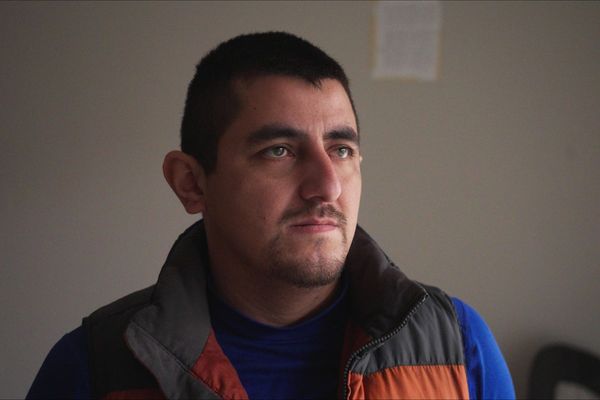Much-loved TV personality and ballroom dancer Len Goodman sadly lost his battle with bone cancer - a relatively rare form of the disease that many of us know little about.
The former Strictly Come Dancing head judge died at the age of 78 following a short battle with the illness.
Macmillan Cancer Support says around 600 people in the UK are diagnosed with bone cancer each year.
It can affect people of any age, but is slightly more common in men than women.
Want to get the latest health news direct to your inbox? Sign up for the Mirror Health newsletter HERE

Symptoms of bone cancer
According to the NHS, primary bone cancer can affect any bone, but it is more prevalent in the long bones of the legs or upper arms.
The main symptoms include:
- Persistent bone pain that gets worse over time and continues into the night
- Swelling and redness (inflammation) over a bone, which can make movement difficult if the affected bone is near a joint
- A noticeable lump over a bone
- A weak bone that breaks (fractures) more easily than normal
- Problems moving around – for example, walking with a limp
NHS Inform says pain caused by bone cancer usually begins with a feeling of tenderness in the affected bone.
“This gradually progresses to a persistent ache or ache that comes and goes, which continues at night and when resting.
“Any bone can be affected, although bone cancer most often develops in the long bones of the legs or upper arms.”
As a result, the pain can often be mistaken for arthritis in adults and dismissed as growing pains in children and teenagers.
However, there are other symptoms to look out for.
“Some people also experience swelling and redness (inflammation) or notice a lump on or around the affected bone,” the health body says.
“If the bone is near a joint, the swelling may make it difficult to use the joint.
“In some cases, the cancer can weaken a bone, causing it to break (fracture) easily after a minor injury or fall.”
Less common symptoms can include:
- Unexplained weight loss
A high temperature of 38C or above
- Sweating, particularly at night.
What causes bone cancer?
Macmillan Cancer Support says the exact causes of primary bone cancer are not known.
But there are certain things that can affect the chances of developing it - called risk factors.
"Having a risk factor does not mean you will get bone cancer. People without risk factors can also develop bone cancer," the charity says.
An increased disposition can include previous cancer treatment, having a non-cancerous (benign) bone condition and genetic conditions that increase the risk of developing bone cancer.
Sometimes people discover they have primary bone cancer following an injury to their bone.
They may think the injury caused the cancer to develop, but Macmillan says: "There is no clear evidence that an injury to a bone can cause bone cancer. But it may draw attention to a bone cancer that is already there."
Click here for more information about risk factors and causes of bone cancer.
Recent research by the Bone Cancer Research Trust found that around 76 per cent of all primary bone cancer cases in the UK are initially misdiagnosed.
If you or your child experiences any of the symptoms of bone cancer you should speak to a GP.
The NHS adds: “While it's highly unlikely that your symptoms are caused by cancer, it's best to be sure by getting a proper diagnosis.”







